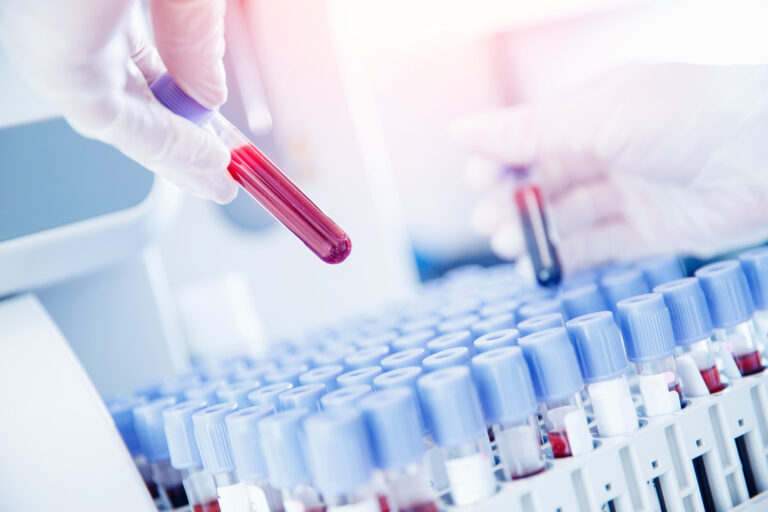The NHS has advised healthcare practitioners to limit the amount of ‘non-essential’ blood tests carried out, after supply chain disruption hits its blood test tube supplier Becton Dickinson.
The NHS has issued advice to general practitioners and hospital staff to limit the amount of ‘non-essential’ blood tests carried out to ‘balance demand’, after a global shortage of blood test tube products.
NHS England has advised that the measures should be implemented ‘urgently’ by all medical directors, nursing directors, GPs, pathology laboratories, and clinical pathology providers, working with primary care, community and acute care providers, including NHS and Public Health England.
The NHS is now recommending that all store rooms holding blood test tubes be reviewed to assess current capacity, order levels be maintained at normal levels, and stock to be ordered from NHS Supply Chain to allow UK-wide management of supplies.
To further reduce blood test tube usage, the NHS is recommending that ‘non-essential’ tests are stopped unless they are warranted in ‘exceptional circumstances’. These include Vitamin D deficiency testing, routine wellness screening, allergy testing, and routine fertility testing.
A representative for Becton Dickinson said: “In the past few months, we have seen unprecedented demand for BD Vacutainer blood collection tubes driven by the need for these tubes for testing for COVID-19 patients, as well as routine testing for procedures that had been delayed due to the pandemic.
“In addition to increased demand, we are seeing continued transportation challenges that have affected all industries, including port and transport capacity, air freight capacity and UK border challenges. Suppliers are also challenged to meet increased demand for raw materials and components.
“BD has taken additional steps to maximise supply of these products including manufacturing at optimal levels to improve supply availability in addition to working on efficiency gain to increase production output.”







